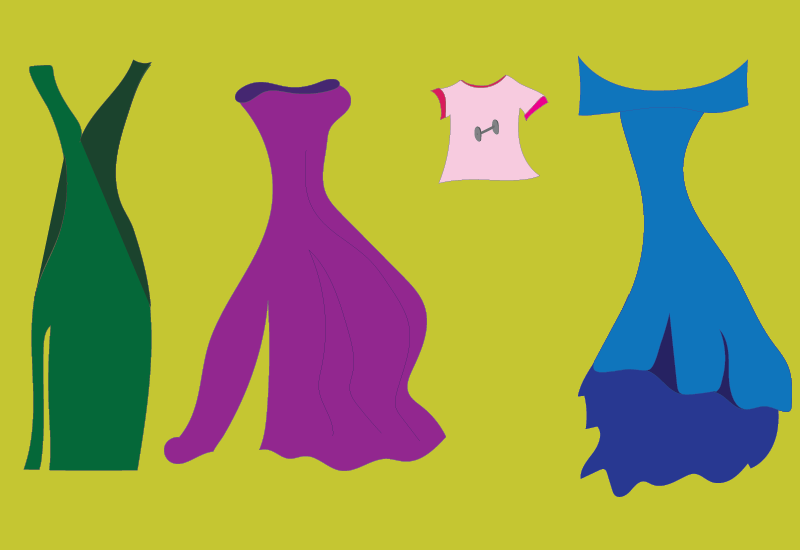Africa is Not a Country Dipo Faloyin
A long-overdue corrective
Although he now lives in London, writer and editor Dipo Faloyin was raised in the sprawling Nigerian metropolis of Lagos (“loud and plagued by joy”), which is bigger than New York and London combined. He is “half Yoruba and half Igbo”, descended from “a long line of bad poker faces, a clan genetically unable to hide the frustrations or joys etched in our hearts”. He has three older sisters which, he adds with typical humour, means “23 percent of my life has been spent mourning the points I wish I had brought up in a long-finished argument”.
Being able to define yourself, as Faloyin does so eloquently at the outset to this book, “is a grace many take for granted”. Stripping someone or a community of this identity can create a poisonous narrative whose effect can be felt for generations, until eventually fiction becomes fact. In this powerful and heartfelt book, Faloyin argues that this has been Africa’s fate – a whole continent that is now commonly treated as a single country, and one which is “cursed to be forever plagued by deprivation”.
This is a long-overdue and compelling corrective to the ubiquitous stereotypes of Africa as a place either of eternal strife and poverty, or as an immense safari park. Instead, Faloyin presents “a rich mosaic of experience, of diverse communities and histories”.
Taking the reader back to the end of the 19th century, he shows how the continent was divided up by European nations, forcing different cultures and language communities into the strait-jacket of artificial countries with arbitrarily-drawn boundaries, “formed by people with poor maps and even poorer morals”. This “grossly illegal” act divided up ancient kingdoms and nomadic communities, creating long-term frictions that would take generations to untangle and also sowing the idea that the continent’s fate should not be left to Africans to decide: “modern Africa was designed against its will to be a divided thing. A continent of 54 houses built on sand.”
These new territories were then ruthlessly plundered by colonialists, or “White Men in Khaki”, as he terms them. In what is now the Democratic Republic of Congo, around 10 million people died as a direct result of the brutal rule of the Belgian King Leopold II. According to Faloyin, 90{8cf42eee1263fb36ad60c6660cad5304004dad224debe245ba4d38f99dbf0948} of Africa’s material cultural legacy – most of it stolen – is still kept outside of the continent, an appalling injustice that has yet to be put right.
Among these artefacts are the famous Benin bronzes, looted by the British in 1897 when they destroyed the ancient Kingdom of Benin. Now part of southern Nigeria, it was a remarkable culture that “defied the colonial trope of backwards Dark Africa”. In a moving moment, Faloyin sits in the British Museum and admires them, hearing “the ghosts of my ancestors” whispering: “steal them back”.
From white saviours to Africa’s difficult path towards democracy, Faloyin has written a book inspired by love and hope for a much-abused and maligned continent, whose future, he insists, is filled with promise.


